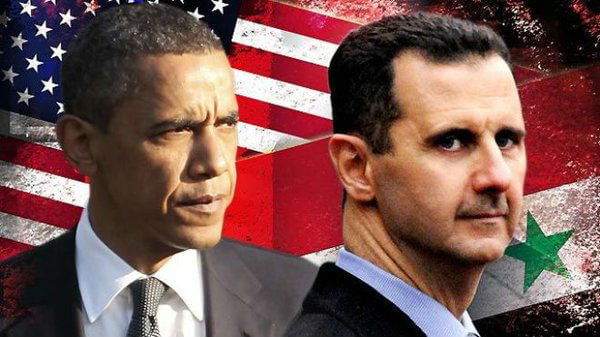In our part of the world, it’s not often that potential “collateral damage” speaks, but it happened last week. A Pakistani tribal leader, Malik Jalal, flew to England to plead in a newspaper piece he wrote and in media interviews to be taken off the Obama White House’s “kill list.” (“I am in England this week because I decided that if Westerners wanted to kill me without bothering to come to speak with me first, perhaps I should come to speak to them instead.”) Jalal, who lives in Pakistan’s tribal borderlands, is a local leader and part of a peace committee sanctioned by the Pakistani government that is trying to tamp down the violence in the region. He believes that he’s been targeted for assassination by Washington. (Four drone missiles, he claims, have just missed him or his car.) His family, he says, is traumatized by the drones. “I don’t want to end up a ‘Bugsplat’ — the ugly word that is used for what remains of a human being after being blown up by a Hellfire missile fired from a Predator drone,” he writes. “More importantly, I don’t want my family to become victims, or even to live with the droning engines overhead, knowing that at any moment they could be vaporized.”
Normally, what “they” do to us, or our European counterparts (think: Brussels, Paris, or San Bernardino), preoccupies us 24/7. What we do to “them” — and them turns out to be far more than groups of terrorists — seldom touches our world at all. As TomDispatch readers know, this website has paid careful attention to the almost 300 wedding celebrants killed by U.S. air power between late 2001 and the end of 2013 — eight wedding parties eviscerated in three countries (Iraq, Afghanistan, and Yemen). These are deaths that, unlike the 14 Americans murdered in San Bernardino, the 32 Belgians and others killed in Brussels, and the 130 French and others slaughtered in Paris, have caused not even a ripple here (though imagine for a second the reaction if even a single wedding, no less eight of them and hundreds of revelers, had been wiped out by a terror attack in the U.S. in these years).
Any sense of sadness or regret for Washington’s actions, when it comes to the many killed, wounded, or traumatized in its never-ending, implacable, and remarkably unsuccessful war on terror, is notable mainly for its absence from our world. So it’s an extraordinary moment when any Americans — no less a group that has been deeply involved in prosecuting the drone war on terror — publicly expresses empathy for the “collateral damage” inflicted in that ongoing conflict. That’s why TomDispatch regular Pratap Chatterjee brings genuine news today from the heart of America’s drone wars, from those who should best be able to assess the grim reality of just what Washington has been doing in our name. Tom Engelhardt
Drone whistleblowers step out of the shadows
In Washington’s drone wars, collateral damage comes home
By Pratap ChatterjeeIn a trio of recent action-packed movies, good guys watch terrorists mingling with innocent women and children via real-time video feeds from halfway across the world. A clock ticks and we, the audience, are let in on the secret that mayhem is going to break loose. After much agonized soul-searching about possible collateral damage, the good guys call in a missile strike from a U.S. drone to try to save the day by taking out a set of terrorists.
Such is the premise of Gavin Hood’s Eye in the Sky, Andrew Niccol’s Good Kill, and Rick Rosenthal’s Drones. In reality, in Washington’s drone wars neither the “good guys” nor the helpless, endangered villagers under those robotic aircraft actually survive the not-so secret drone war that the Obama administration has been waging relentlessly across the Greater Middle East — not, at least, without some kind of collateral damage. In addition to those they kill, Washington’s drones turn out to wound (in ways both physical and psychological) their own operators and the populations who live under their constant surveillance. They leave behind very real victims with all-too-real damage, often in the form of post-traumatic stress disorder on opposite sides of the globe.
“Sometimes I am so sad that my heart wants to explode,” an Afghan man says, speaking directly into the camera. “When your body is intact, your mind is different. You are content. But the moment you are wounded, your soul gets damaged. When your leg is torn off and your gait slows, it also burdens your spirit.” The speaker is an unnamed victim of a February 2010 drone strike in Uruzgan, Afghanistan, but he could just as easily be an Iraqi, a Pakistani, a Somali, or a Yemeni. He appears in National Bird, a haunting new documentary film by Sonia Kennebeck about the unexpected and largely unrecorded devastation Washington’s drone wars leave in their wake. In it, the audience hears directly from both drone personnel and their victims.

